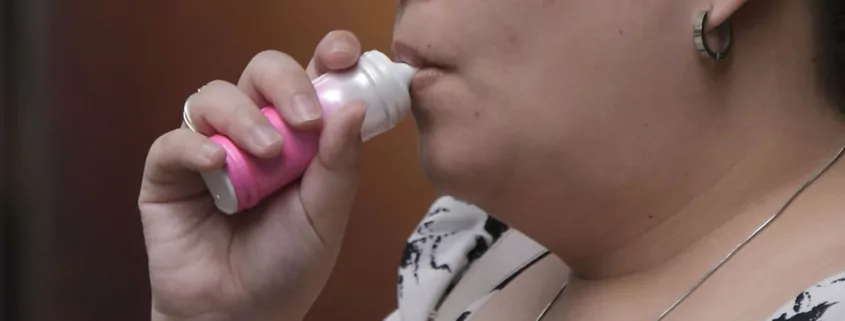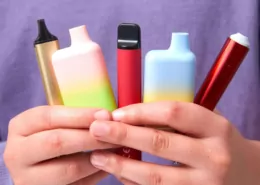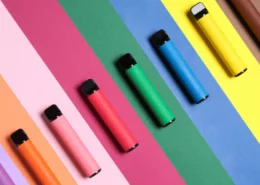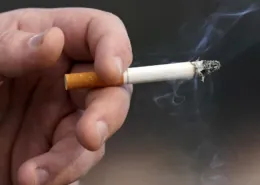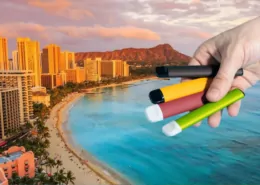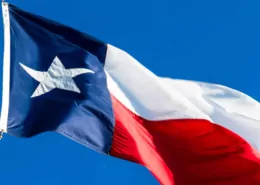Utahns Cross State Lines for Flavored Vape Products After Ban
In the wake of Utah’s ban on flavored vape products, many residents are finding themselves crossing state lines to purchase their preferred nicotine brands. The Juicity Vapor shop in Evanston, Wyoming, has seen a significant influx of Utah customers, with cars from various counties like Weber, Utah, and Sanpete pulling into the parking lot.
One Utah County man, who wished to remain anonymous, expressed his surprise when he found his regular shop shut down. “I’m 45 years old and I’ve got to drive out of state to buy flavored nicotine,” he said, questioning the logic behind the ban while comparing it to the availability of diet soda.
Samantha Giroux, a customer from Ogden, echoed the sentiment, stating, “I don’t want menthol or tobacco. I feel like they kind of screwed me.” Like many others, she stocked up on her favorite products during her visit to the Wyoming store.
Store manager Austin Carrico noted that the shop’s sales have tripled since the ban took effect. “I didn’t expect that when that bill ended up going into effect that the next morning I would have almost 10 cars in my parking lot running in here at nine o’clock,” he said. The store has increased staffing and is adding a third cash register to keep up with the demand.
While the ban has been a boon for out-of-state shops, Utah vapor businesses are struggling. Beau Maxon, vice chairman of the Utah Vapor Business Association and a local business owner, said many stores have already closed, while others are trying to adjust by introducing new product lines. For some, the financial burden of long-term leases is a “death sentence,” with Maxon himself paying more than $30,000 a month for his Park City business.
Maxon argues that the ban is creating a black market, with people buying vape products in bulk from out-of-state stores and selling them through social media. He believes this will lead to an increase in youth use, as black market sellers are less likely to care about the age of their customers.
The Utah Vapor Business Association had worked with legislators to propose a bill that would have required more robust ID scanners, increased video surveillance, and proposed taxes to contribute $24 million to tobacco prevention and enforcement. However, the bill, which would have repealed the flavored vape ban, did not pass.
Maxon and the association are looking forward to the 2026 general session, after the release of the 2025 SHARP Survey data, to have a more solution-oriented conversation about the issue.

